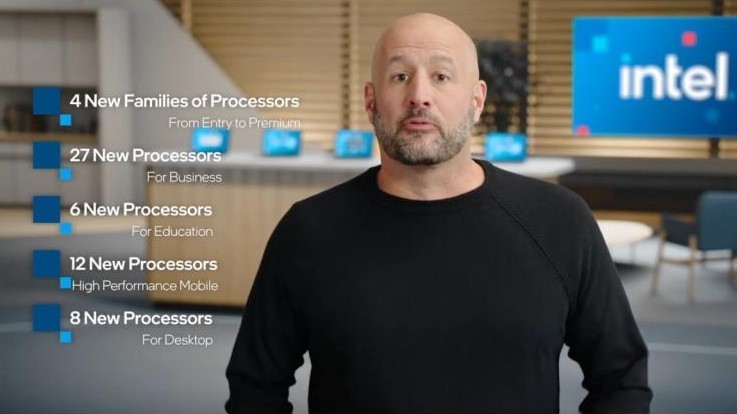“No one is allowed to publish pictures of me without my consent. Anyone who does it nevertheless violates my right to my own image, a special form of the general right of personality, ” explains lawyer Jonas Jacobsen, an expert in IT law and intellectual property. This is regulated by the Art Copyright Act (KUG), which explicitly prohibits the publication of photos of other people by third parties. “But you have to distinguish between publication and production. In principle, consent is only required for distribution or public display – not for the production itself,” says Jacobsen. However, there are also exceptions to this rule. For example, if you are photographed at a demonstration as part of a group of people – such a photo may also be published without consent. In individual cases that are not quite as clear – for example, if I can only be seen in the background of a photo, but can still be clearly recognized, then an individual must be weighed up: “The scope of protection of personal rights is not unlimited. It can be restricted in particular in favour of the fundamental rights of other persons, such as freedom of the press and freedom of expression, ”explains the lawyer. Prevention is the best protection – law or not – the fact that unpleasant images or information end up on the Internet cannot be prevented with absolute certainty, says Rebekka Weiß from the IT industry association Bitkom: “Ultimately, everything that I have shared with third parties or that has been accessed through unauthorized access to my devices can find its way onto the net”. What you can do yourself is not to create certain materials in the first place – nude photos, for example. Limiting access to the things you publish could also be a good idea, says Dr. Michael Littger, Managing Director of the Initiative Deutschland sicher im Netz e.V. (DsiN). For example, the entire Instagram profile can be set to private or, alternatively, the visibility of individual stories can be made accessible to a selected group of people. “This way you can prevent images that you upload yourself from being abused by strangers,” says Littger. If you want to find out which pictures and information about yourself are circulating on the net, you can run your own name through search engines or set up an alarm directly with them, which informs about new search results by e-mail, explains Littger. A similar approach also brings good results in social networks. Most of the time, the fastest way to find out about embarrassing photos is through friends and family with whom you are connected on social media. Now it really happened: I find an embarrassing photo of me on the net and want it to disappear again as soon as possible. What to do? “First of all, approach the person responsible and ask to delete the photo or change the post,” says Littger. Most of the time, unpleasant photos are uploaded to social media thoughtlessly and without malicious intent. Lawyer Jonas Jacobsen explains that it is also important not only to ask for deletion, but also not to re-upload the content. For this purpose, data subjects should warn the website operators or platform and, if necessary, the person uploading. Facebook Instagram and Facebook, it is also always useful and legally necessary to contact the platform directly, explains Jacobsen. As a rule, the latter is only liable for the violation of the law if it knows about it. Instagram Facebook and Instagram are using the Report function to remove tags in social networks. If you have been marked on a photo by another person, you can also remove it independently. Under “Profile Settings” and “Check posts and tags”, you can also set that tags on the images of other users are not added to your own profile without approval. However, it is often not enough to have unwanted photos deleted only where they were first uploaded. There may be various reasons for this: perhaps the photo was reposted on other sites or uploaded to a private blog, and the operator refuses to delete it. In this case, you can ask the search engines to delete the search result, explains Rebekka Weiß. This is very effective – even if the post itself is not deleted: “If a post does not appear on Google & amp; Co., it is very difficult to find it on the net.” In addition, one is also entitled to the right to informational self-determination, says Jacobsen. The search engines Google and Bing offer their own forms for such deletion requests.









